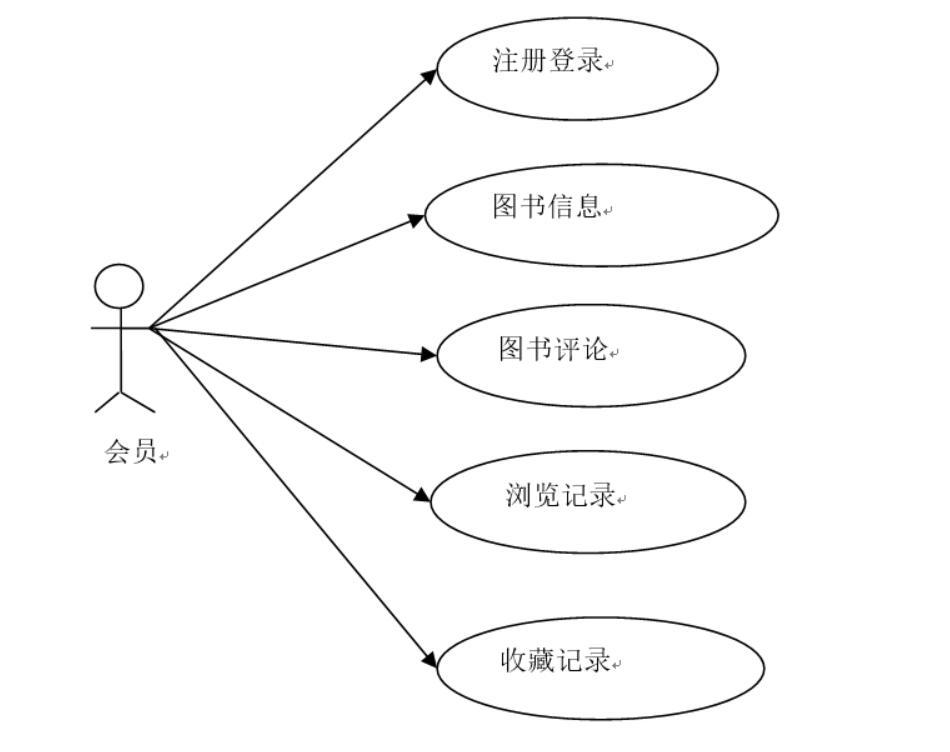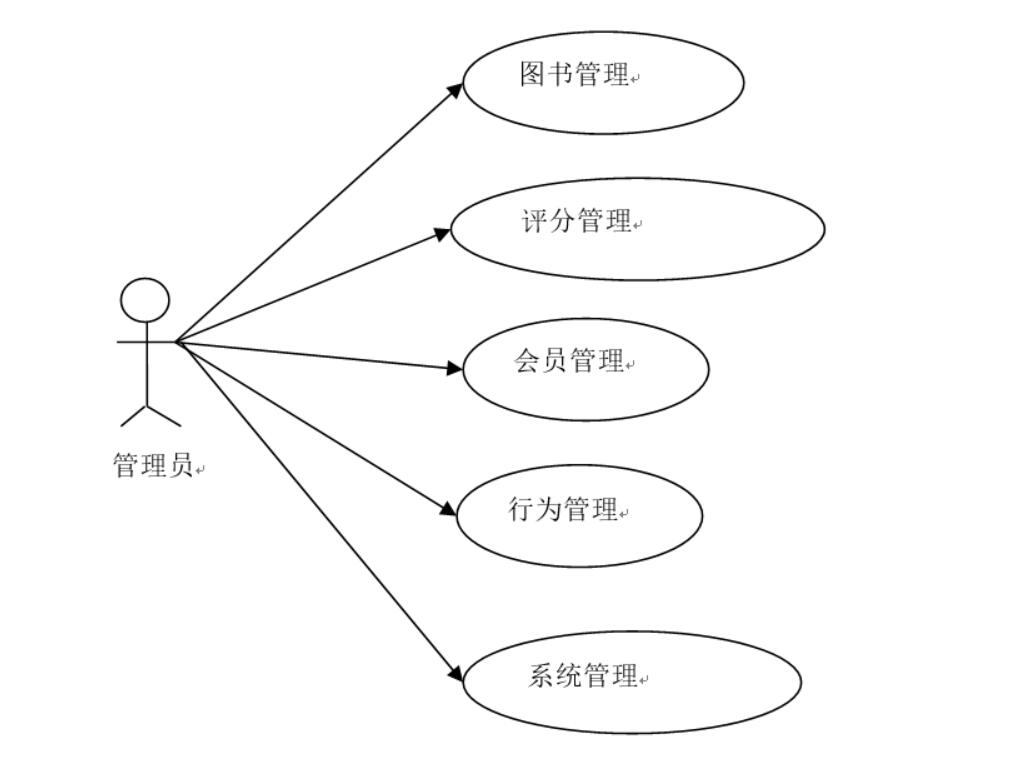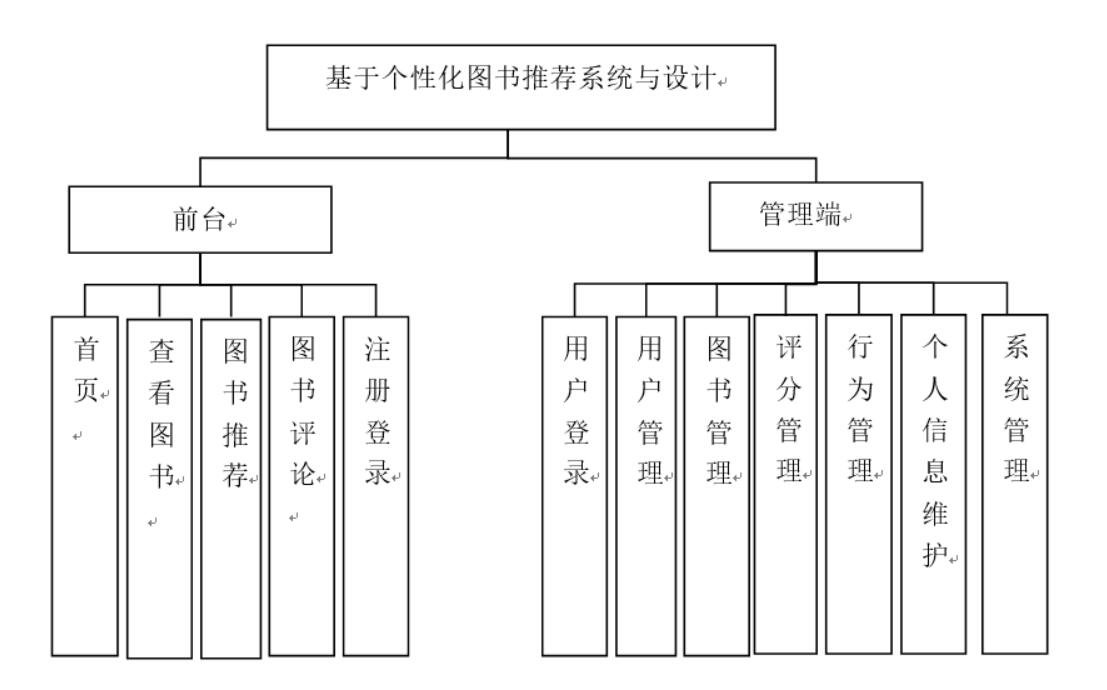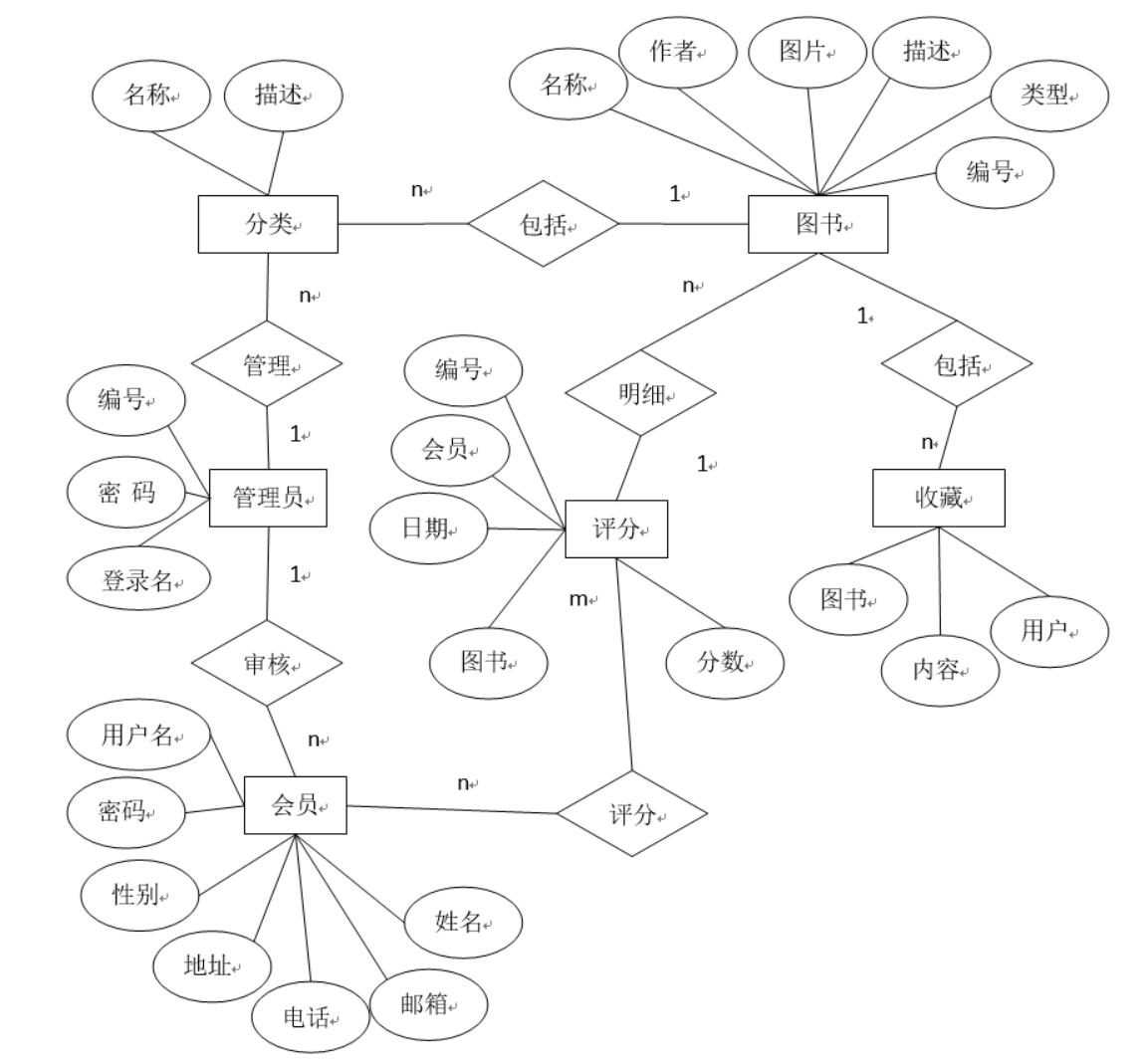摘 要 在当今社会,图书资源的数量呈现指数级增长,如何有效地帮助用户筛选和推荐符合其需求的图书成为亟待解决的问题。因此,开发基于个性化图书推荐系统具有重要的现实意义和应用价值。个性化图书推荐系统能够根据用户的阅读历史、偏好和行为习惯,为其推荐合适的图书资源。这不仅能够提高用户的阅读体验,还能够提升图书馆的服务质量。通过系统分析用户数据,图书管理员可以更精准地了解用户需求,从而优化图书资源配置。 该系统的开发采用了Python的Django框架,并选用轻量级的关系型MySQL数据库进行数据存储。在系统开发过程中,进行了详细的需求分析、功能设计和数据库设计。该系统主要包括用户管理、图书管理、评分管理、行为管理、图书推荐、浏览记录管理、收藏记录管理等功能。个性化图书推荐系统还有助于推动图书行业的数字化转型。通过引入先进的推荐算法和数据分析技术,系统能够为用户提供更加智能化、个性化的服务,满足用户日益增长的多元化需求。
关键词:Django;图书推荐;python;用户偏好;
Abstract In today's society, the number of book resources is increasing exponentially, and how to effectively help users screen and recommend books that meet their needs has become an urgent problem to be solved. Therefore, developing a personalized book recommendation system has important practical significance and application value. A personalized book recommendation system can recommend suitable book resources to users based on their reading history, preferences, and behavioral habits. This can not only improve the reading experience for users, but also enhance the service quality of the library. By analyzing user data through the system, librarians can more accurately understand user needs and optimize the allocation of book resources. The development of this system adopts the Django framework of Python and uses a lightweight relational MySQL database for data storage. During the system development process, detailed requirements analysis, functional design, and database design were carried out. The system mainly includes functions such as user management, book management, rating management, behavior management, book recommendation, browsing record management, and collection record management. Personalized book recommendation systems also help promote the digital transformation of the book industry. By introducing advanced recommendation algorithms and data analysis techniques, the system can provide users with more intelligent and personalized services, meeting their increasingly diverse needs.
Keywords: Django; Book recommendations; Python; User preferences;
摘 要 I Abstract II 第一章 绪论 1 1.1 选题背景 1 1.2 选题意义 1 1.3 研究内容 2 第二章 相关技术介绍 3 2.1 Python语言 3 2.2 Django框架 3 2.3 Mysql数据库 4 2.4 协同过滤推荐算法 4 第三章 系统分析 6 3.1可行性分析 6 3.1.1操作可行性 6 3.1.2经济可行性 6 3.1.3技术可行性 6 3.2 需求分析 6 3.2.1非功能性需求 6 3.2.2功能需求 7 3.3 系统用例 7 3.3.1 会员功能需求 7 3.3.2 管理员功能需求 8 第四章 系统设计 10 4.1系统详细设计 10 4.1.1功能设计 10 4.2.2图书推荐设计 11 4.2 数据库设计 13 4.2.1逻辑结构设计 13 4.2.2物理结构设计 14 第五章 系统实现 19 5.1 运行环境 19 5.2 后台管理功能实现 19 5.2.1管理员登录 19 5.2.2管理主界面 20 5.2.3评分管理 21 5.2.3图书管理 21 5.2.4用户管理 22 5.3 前台用户功能实现 22 5.3.1会员注册 22 5.3.2会员登录 23 5.3.3图书查看 24 5.3.4用户评论 25 第六章 系统测试 26 6.1 测试目的 26 6.2 功能测试 26 6.3 测试总结 27 总结 28 参考文献 29 谢 辞 30
通过深入调研图书公司,发现基于个性化图书推荐系统需要满足两大核心功能:基本图书推荐服务和对会员的在线管理业务。为此,该系统针对两种用户角色进行了功能划分,分别是会员和管理员。 管理员,即图书公司管理人员或操作员,主要通过该系统进行日常的图书信息管理。这包括发布图书管理、评分管理、行为管理。 面向前台会员,该系统提供了一系列功能。会员可以查询所有图书信息列表,观看图书的介绍,并在图书详情页面进行评分。在进行评分之前,用户需要先完成登录操作。在会员的个人中心,可以查看所有的历史评分记录。此外,系统还为会员推荐最新和最受欢迎的图书,了解当前图书的详细介绍等。 综上所述,基于个性化图书推荐系统不仅满足了图书公司的基本需求,还为会员提供了丰富的功能体验,从而提升了图书的推广效果和用户满意度。

























 468
468

 被折叠的 条评论
为什么被折叠?
被折叠的 条评论
为什么被折叠?








